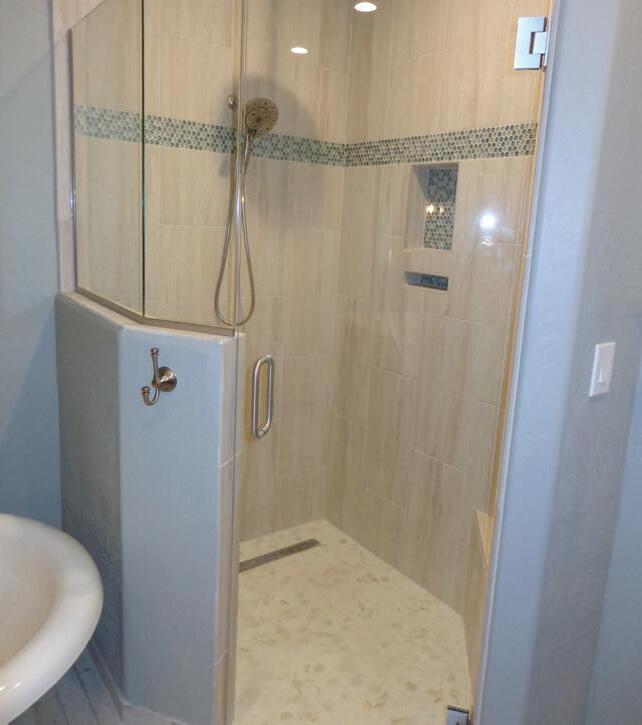
1 minute read
EMBRACE YOUR STRESS
After retirement, the commute, the deadlines, the demanding boss, and the nine-to-five monotony may be over, but that doesn’t mean your life will automatically be stress- and anxiety-free. You may worry about managing financially on a fixed income, coping with declining health, or adapting to a different relationship with your spouse now that you’re at home all day. The loss of identity, routine, and goals can impact your sense of self-worth, leave you feeling rudderless, or even lead to depression.
Whatever challenges you’re facing, there are healthy ways to ease stress and anxiety, better cope with change, and improve your mood, outlook, and overall well-being.
Adopt a relaxation practice.
Regularly practicing a relaxation technique such as meditation, progressive muscle relaxation, deep breathing, yoga, or tai chi can help ease anxiety and stress, lower your blood pressure, and improve your overall sense of well-being.
Get active. Physical exercise is a very effective way to boost your mood, relieve tension and stress, and help you feel more relaxed and positive as you get older. No matter your age or limitations in mobility, there are still ways for you to reap the benefits of regular exercise.
Practice gratitude. It can sound simplistic when you’re in the midst of a major life change, but noting the things you’re grateful for is a quick and easy way to improve your mood and outlook.
Spend time in nature. Spending time in green spaces can relieve stress, put a smile on your face, and deepen your sense of well-being. Try hiking, fishing, camping, or walking in a park, along a beach, or through the woods.
Having stress and challenges isn’t all bad for you. At manageable levels, stress can help you build resilience, solve problems, and stay focused, energetic, and engaged. Taking it too easy—spending your days napping, sitting on the couch, dozing in the sun, or watching TV, for example— won’t help keep your brain active and alert.
In fact, a total lack of challenges may even harm your health and lead to cognitive decline and memory problems. The key is to keep challenging your brain without letting stress build up to where it becomes overwhelming and you constantly feel frazzled or anxious.


















